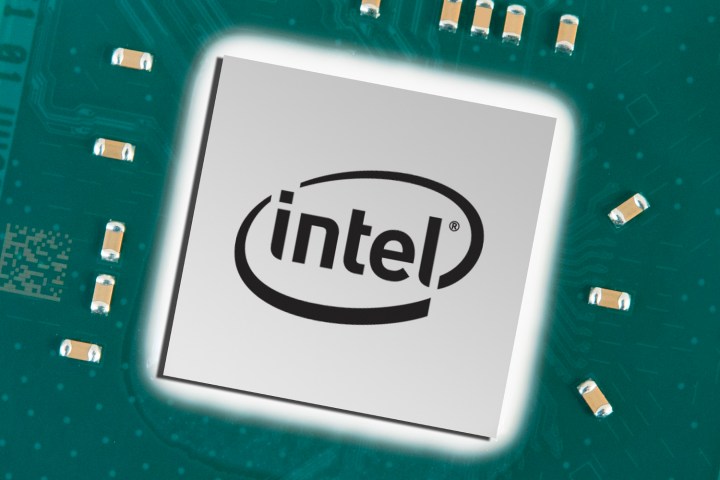
If you haven’t updated your Intel-based PC with the latest patch to address the “Meltdown” security issue, then you need to wait a little longer. Intel said on Wednesday, January 17, that the firmware update released in early December to device manufacturers causes a higher number of system reboots on all PCs based on second- to seventh-generation Intel processors, which covers mostly all Intel-based PCs released since 2011.
“While the firmware updates are effective at mitigating exposure to the security issues, customers have reported more frequent reboots on firmware updated systems,” Intel’s Navin Shenoy said in a statement. “We have reproduced these issues internally and are making progress toward identifying the root cause. In parallel, we will be providing beta microcode to vendors for validation by next week.”
“Meltdown” is one of two security flaws recently discovered in all processor designs. The problem resides in how a processor will “think ahead” or predict when it’s executing multiple tasks. It stores data derived from multiple programs, services, and the operating system in the PC’s memory to help plot its next move. Think of a bank vault with lots of little storage boxes, and Google discovered a way to secretly sneak into that vault.
The good news is that CPU manufacturers can patch the Meltdown issue. The bad news is that the fix can possibly slow down your PC because the processor must jump through extra hoops to keep the data it uses safe and sound. But as Intel clearly shows, the patching process doesn’t mean the company is slapping on a Band-Aid and moving on with life. Intel says it’s working to “understand, diagnose, and address” the issue causing reboots.
Even though the Meltdown issue affects processors released over the last five or so years, you can determine the “generation” of your PC’s CPU by viewing its name. The indicating number resides just after the dash, such as the Core i7-6820HK serving as a sixth-generation chip as indicated by the “6.” You may also see many codenames thrown around regarding the Meltdown issue and Intel processors, so here’s a guide for those as well:
| Codename | Generation | Year |
| Coffee Lake |
8 |
2017 |
| Kaby Lake |
7 |
2016 / 2017 |
| Skylake |
6 |
2015 |
| Broadwell |
5 |
2014 / 2015 |
| Haswell |
4 |
2013 |
| Ivy Bridge |
3 |
2012 |
| Sandy Bridge |
2 |
2011 |
Intel’s updates aren’t distributed outright to customers and businesses. Instead, they are provided to desktop and laptop makers, motherboard manufacturers including Asus, Gigabyte, and MSI, and through operating system updates. But given the reboot issues stemming from these updates, waiting until a better fix is your best bet. After all, the Meltdown problem was only made public at the beginning of January, thus there is currently no known exploit of Meltdown out in the wild … at least, not yet.
Meltdown isn’t just an Intel-based problem. It also resides in AMD’s processors, and chips based on ARM’s CPU architecture manufactured by Qualcomm, Samsung, and many others. Qualcomm said it’s working on fixes for its Snapdragon chips while AMD is working with vendors to address the issue. Nvidia even updated its drivers to help protect systems with GeForce-branded add-in cards and discrete GPUs.


